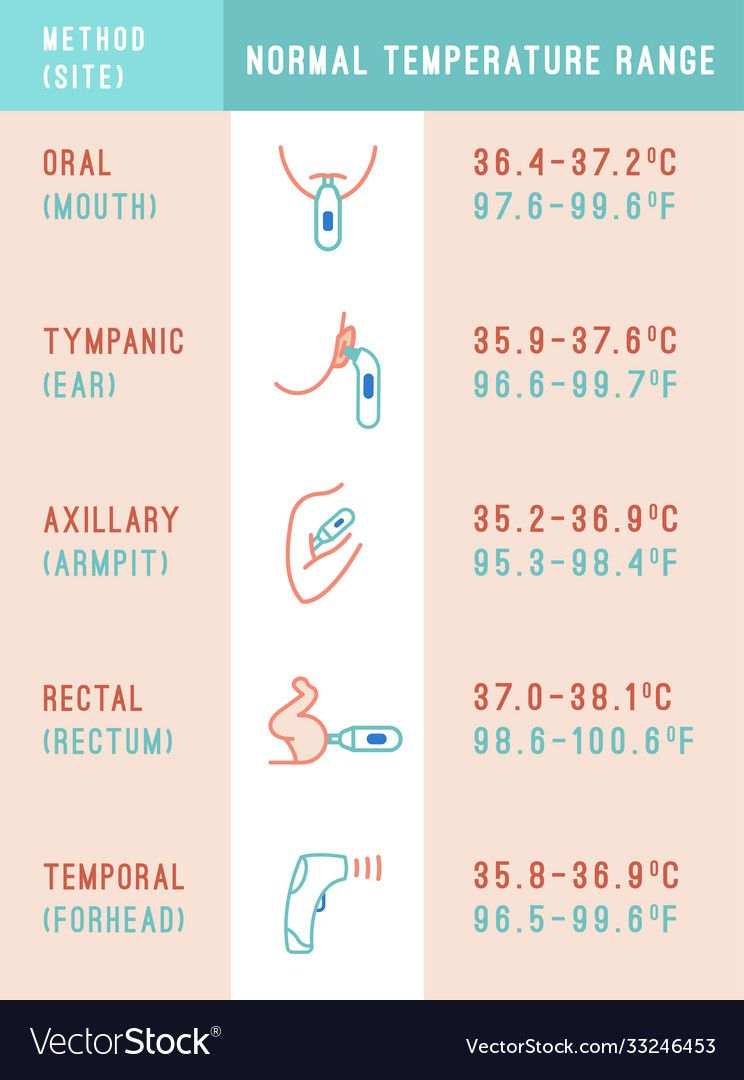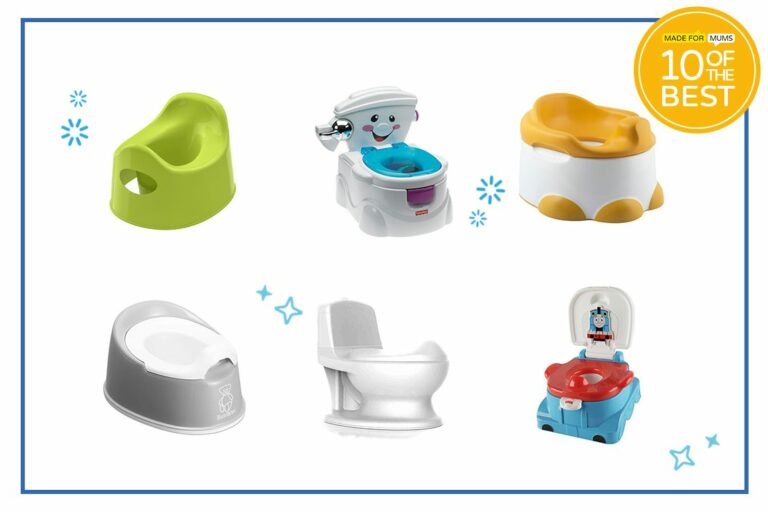What’s A Normal Temp For A Baby: Understanding Baby Temperature Regulation
Babies are delicate beings that require special care and attention, especially when it comes to monitoring their health. One crucial aspect of a baby’s health is their body temperature. Understanding what is a normal temperature for a baby is essential for parents and caregivers to ensure the well-being of the little ones. In this article, we will explore the ins and outs of baby temperature regulation, what constitutes a normal temperature, and why it is important to keep an eye on it.
Knowledge
It is important to note that babies have a different way of regulating their body temperature compared to adults. Factors such as age, activity level, environment, and time of day can all affect a baby’s temperature. Newborns, for example, have a harder time regulating their temperature than older babies. They rely on external sources of heat to stay warm, such as being swaddled or placed under a warm blanket.
The normal body temperature for a baby can range from 97°F to 100.3°F (36.1°C to 37.9°C). It is important to remember that every baby is different, and their normal temperature may vary slightly. It is essential to know what is normal for your baby by taking their temperature regularly and keeping track of any changes.
There are several ways to take a baby’s temperature, including using a digital thermometer, ear thermometer, forehead thermometer, or rectal thermometer. It is crucial to follow the manufacturer’s instructions for accurate readings. Rectal thermometers are considered the most accurate for babies under three months old.
Fever is a common symptom of illness in babies and is usually a sign that the body is fighting off an infection. Some signs of fever in babies include flushed cheeks, sweating, irritability, and difficulty sleeping. If your baby has a fever, it is essential to consult a healthcare provider for proper diagnosis and treatment.
Conclusion
Understanding what is a normal temperature for a baby is vital for parents and caregivers to ensure the health and well-being of their little ones. By monitoring your baby’s temperature regularly and knowing the signs of fever, you can take proactive steps to keep them healthy and happy.
Remember that every baby is different, and what is normal for one baby may not be normal for another. Trust your instincts as a parent and seek medical advice if you have any concerns about your baby’s temperature.






